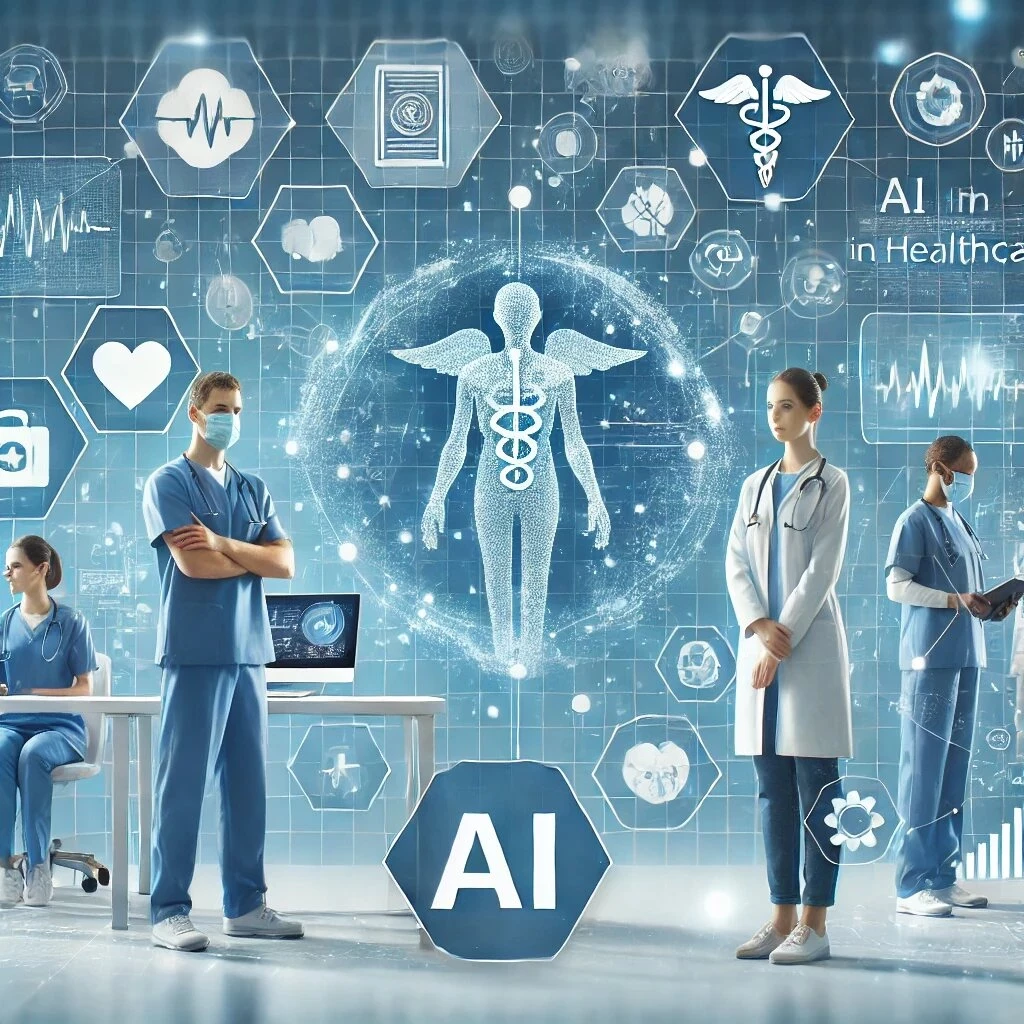How AstraZeneca plan to find new drugs opportunities for chronic kidney disease
We review AstraZeneca's recent partnership with BenevolentAI to drive drug discovery using AI and machine learning
Add bookmarkAstraZeneca have officially secured a long term partnership with Benevolent AI to utilize machine learning and artificial intelligence in the discovery and development of new treatments for chronic kidney disease (CKD) and idiopathic pulmonary fibrosis (IPF).
Both CKD and IPF are complex diseases, where the underlying disease biology is poorly understand. This makes the process of developing new treatments significantly more difficult.
To discover viable treatment options, scientists from the two organizations will combine AstraZeneca’s genomics, chemistry and clinical data with BenevolentAI’s target identification platform and biomedical knowledge graph.
"The future of drug discovery and development lies in bridging the gap between AI, data and biology"
Joanna Shields, Chief Executive Officer at BenevolentAI recognized that “millions of people today suffer from diseases that have no effective treatment”. She believes that “the future of drug discovery and development lies in bridging the gap between AI, data and biology”.
Read More: Could artificial intelligence provide the answer to success across the drug lifecycle?
BenevolentAI will use machine learning to systematically analyze data to extrapolate connections between facts, this will then be layered with AI based reasoning to discover previous unknown connections.
Mene Pangalos, Executive Vice President and President of Biopharmaceuticals R&D believes that “by combining AstraZeneca’s disease area expertise and large, diverse datasets with BenevolentAI… we can unlock the potential of this wealth of data to improve our understanding of complex disease biology and identify new targets”.
With the adoption of artificial intelligence in pharma advancing at a rapid pace, many drug researchers are coming to see the technology as a valuable tool. Hugo Ceulemans, scientifiic director of discovery data science at Janssen Pharmaceuticals is an advocate for how the technology could improve the daily life of scientists.
"Humans have a limited capacity for dealing with data in decision-making. And it's also really boring"
Speaking to c&en, Ceuleman discussed how discovery labs are facing growing quantities of data which defy human processing. As he put it, the challenge is that "humans have a limited capacity for dealing with data in decision-making, And it's also really boring". He believes that machines excel at this task as they are not afraid of boredom. By removing this administrative burden from scientists, it allows them to achieve more from their data and can encourage them to consider solutions they may have previously overlooked.
However, in his recent industry commentary for the Scientific Journal of Translational Medicine, Derek Lowe put forward a different argument. He argues that the core issue halting innovation within drug discovery is not that we cannot sift through the data we have previously collected, it's that we simply don't have access to the right data.
He said that the "bigger problem is that we just don't know enough about cells, about organisms, and about disease". He doesn't believe that we have enough on hand to "decipher the molecular process of disease", so while artifical intelligence in pharma can be an useful tool, the real innovation will need to come from further experimentation.
With artificial intelligence and machine learning reaching new levels of maturity within pharmaceutical companies, we may soon have a greater insight into whether this is a transformative innovation or just a support tool.
As Mene Pangalos told Vantage, "the proof of the pudding will be if we can deliver proof-of-concept data or launch a medicine". He was unsure about the long term usefulness of this endeavor, but did point out that "we're never get there if we don't work on it, so it's important [that] we're trying it".




























